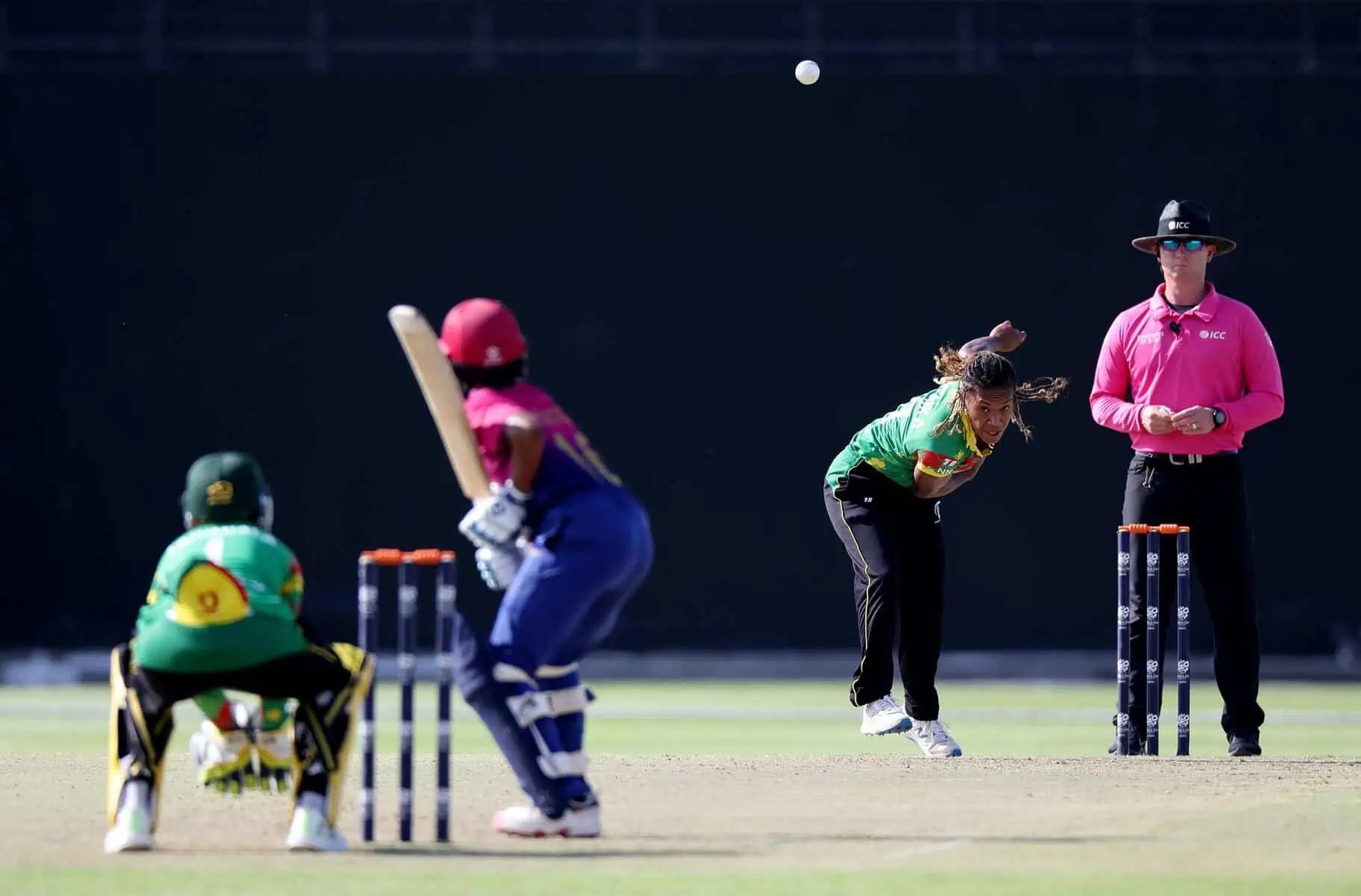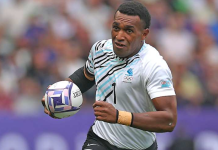The global rugby community has led a chorus of disappointment after 12 sports were shunted from the 2026 Commonwealth Games, following the announcement of the program for the streamlined event to be held in Glasgow.
Rugby sevens, hockey and cricket were the highest-profile sports to be axed as part of Glasgow’s 11th-hour offering to help salvage the Commonwealth Games, prompted by last year’s withdrawal of Victoria as host.
World Rugby issued a statement saying it was a blow to fans and players but declared the sport still “has a huge role to play in the future of the Games”.
“While understanding the unique circumstances of the 2026 Games, and reassurances from the Commonwealth Games Federation that the decision does not set a precedent for future Games, the absence of rugby sevens, along with other team sports, at Glasgow 2026 is a significant loss for players, fans, and the Games themselves,” a spokesperson said.
Rugby Australia issued its own statement sharing its disappointment. “The Australian women’s sevens team had hoped to defend the Commonwealth Games gold medal won before a packed stadium in Birmingham two years ago and the men’s side, having just achieved their best result at an Olympics in Paris this year, were similarly confident of a strong showing in Glasgow.”
The Scottish organisers have whittled the programme back from the 22 which had been planned for Victoria to just 10 sports in the cut-price Glasgow edition, which will be based in just four inner city venues.
In addition to core sports athletics and swimming, 3×3 basketball, artistic gymnastics, boxing, judo, lawn bowls, netball, track cycling and weightlifting will be part of the event.
Netball Australia chief executive Stacey West said her organisation and Australian Diamonds were “thrilled” to be included. “The top netball nations are all Commonwealth countries, and this decision shows the depth and strength of our sport,” she said.
Victoria held the rights to host the 2026 event but withdrew last year, triggering negotiations with the Commonwealth Games Federation and ultimately leaving the state with a bill of $589m (US$390 billion).
Glasgow stepped in this year to host a stripped-down version of the event, saving what started in 1930 as the British Empire Games.
The Victorian government cited escalating expenses of more than $6bn (US$3.38 billion) in its decision to pull out, but the Scottish city is expected to be able to host at minimal cost, largely using the compensation paid by the Victorians.
Australian Commonwealth Games Team Chef de Mission, Petria Thomas, praised Glasgow for taking on the responsibility.
“Glasgow is a major event city and we’re very confident about their capacity to deliver something amazing in a reimagined way,” she said. “The Scots have declared their commitment to delivering a Games centred around athletes, and that’s all we can ask of any potential host.”
Rather than a traditional athletes village, participants in 2026 will stay in pre-existing accommodation. Venues for the 2014 Commonwealth Games in the city will be re-used: athletics at Scotstoun Stadium, swimming at Tollcross, track cycling at the Sir Chris Hoy Velodrome, and indoor sports will be hosted at the SEC.
Badminton, beach volleyball, diving, non-track cycling, rhythmic gymnastics, squash and table tennis have also been culled.
Squash Australia chief executive Robert Donaghue said the news was heartbreaking for players. “Today’s announcement is a blow to the players who have had their dream of competing in the Commonwealth Games taken away from them,” he said.
In addition the World Squash Federation and Scottish Squash said the sport’s exclusion was “deeply disappointing”, with a joint statement reading: “This decision is particularly frustrating for Scotland’s and the Commonwealth’s top squash players, who work tirelessly to represent their countries at major games.
“WSF and Scottish Squash remain committed to supporting these athletes by providing the best competitive opportunities to enhance their skills and proudly represent their countries.
“Representatives of the WSF and Scottish Squash have received assurances that this decision for a condensed event in 2026 will not impact the inclusion of squash into future Commonwealth Games.”
Volleyball Australia chief executive Andrew Dee said his organisation was “deeply disappointed with the news that beach volleyball won’t feature”, adding he appreciated the event was placed in jeopardy “due to the [Daniel] Andrews’ Government withdrawing its support for Victoria to host”.
Commonwealth Games Australia, which had planned to give $13m (US$8.62 million) to national sporting organisations in the lead-up to the 2026 event, is considering ways to support sports which have been abandoned. Ongoing payments to sports in the hope they may return to the program in 2030 has not been ruled out.
The Commonwealth Games will continue to offer para-events as part of a single event, unlike the Olympics which is separate from the Paralympics.
The 2026 Games will run between 23 July and 02 August.

















